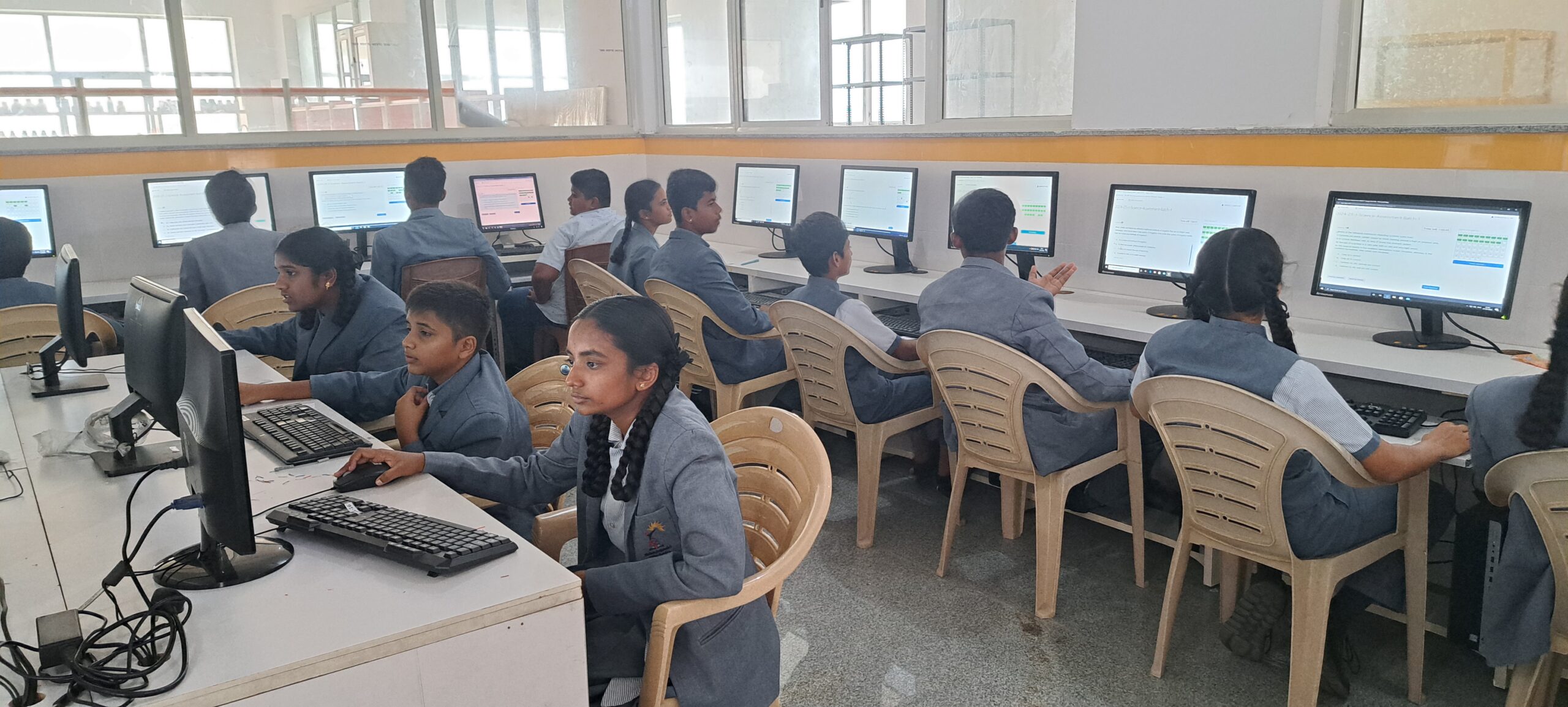
At Anjanadri, skills are integrated into the curriculum across subjects, allowing students to develop a well-rounded skill set that prepares them for higher education, career opportunities, and overall personal growth. Secondary school education focuses on imparting knowledge, fostering critical thinking, and nurturing skills necessary for success in a rapidly changing world.
Methodology & Curriculum
Anjanadri follows experiential learning & integrated learning, where students engage in hands-on activities, projects, and real-life experiences to deepen their understanding of concepts. This approach encourages students to connect their learning with practical applications, fostering analytical and practical skills. Integrated learning, where different subjects are interconnected to provide a comprehensive understanding. This interdisciplinary approach helps students see the connections between subjects and promotes a holistic understanding of concepts.
Methodology & Curriculum
Anjanadri follows experiential learning & integrated learning, where students engage in hands-on activities, projects, and real-life experiences to deepen their understanding of concepts. This approach encourages students to connect their learning with practical applications, fostering analytical and practical skills. Integrated learning, where different subjects are interconnected to provide a comprehensive understanding. This interdisciplinary approach helps students see the connections between subjects and promotes a holistic understanding of concepts.
Grades 9 and 10 are guided through a phase of focused learning that builds discipline, clarity of thought, and a strong foundation for board exams and future pursuits.
School: 9986573346 | 8028434669
PU College: 6364669666
Mon – Sat 9.00 AM – 4.00 PM
Copyright © 2025 Mahan Anjanadri Vidya Kendra | All rights reserved. Designed by The Social Cracker
WhatsApp us
Our early childhood program focuses on experiential learning through play, exploration, and structured activities that develop:
✔ Language and communication skills
✔ Early numeracy and logical thinking
✔ Motor skills and physical coordination
✔ Social, emotional, and creative expression